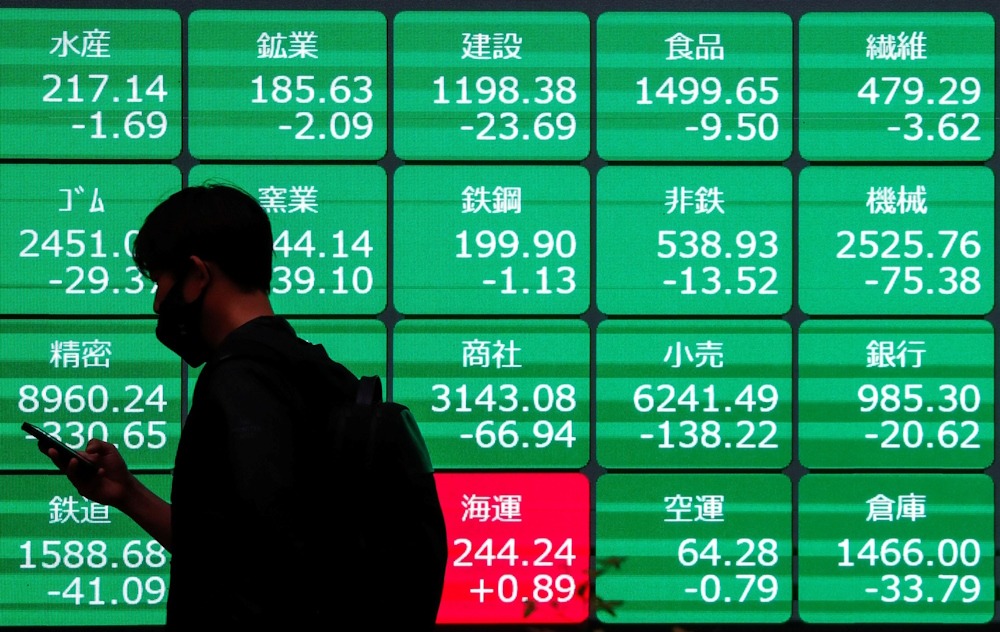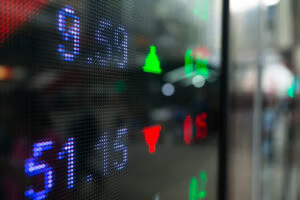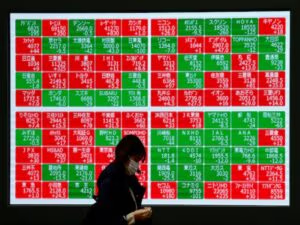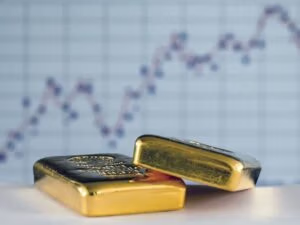Markets across the Asia-Pacific region rallied on Monday after China and the United States announced a breakthrough trade agreement, including a 90-day halt on new tariffs and a reciprocal reduction in existing duties totaling 115 percentage points.
Analysts welcomed the development, viewing it as a significant step toward stabilizing global trade tensions. “The magnitude of this tariff reduction is larger than expected,” said Tai Hui, Chief Market Strategist for Asia-Pacific at J.P. Morgan Asset Management. “This reflects both sides recognizing the economic reality that tariffs will hit global growth and negotiation is a better option going forward.” He added that although the 90-day window may not be enough to finalize a detailed deal, it keeps pressure on negotiators.
Hui also noted that investors are waiting for further clarity, such as whether China will ease restrictions on rare earth exports.
Stock markets responded with strong gains. Hong Kong led the region, with the Hang Seng Index climbing 2.98% to 23,549.46 and the Hang Seng Tech Index jumping 5.16% to 5,447.35 — both reaching their highest levels since late March. Mainland China’s CSI 300 rose 1.16% to 3,890.60.
In India, markets surged following a ceasefire agreement between India and Pakistan over the weekend, which came after one of the most intense cross-border conflicts in decades. The Nifty 50 index rose 3.49% and the BSE Sensex was up 3.38% as of 2 p.m. local time.
Elsewhere in Asia, Japan’s Nikkei 225 ended 0.38% higher at 37,644.26, and the broader Topix index gained 0.31% to 2,742.08. South Korea’s Kospi index rose 1.17% to 2,607.33, while the Kosdaq added 0.4% to 725.40. Australia’s S&P/ASX 200 gave up early gains and closed flat at 8,233.50.
Jean-Louis Nakamura, head of conviction equities at asset manager Vontobel, said the rally reflects a retracement from the correction seen in early April. However, he warned of potential volatility ahead. “We might attend a tug of war between pre-announcements of more sustainable and comprehensive agreements… and hard data suggesting a rapidly deteriorating internal demand in the U.S. and exports dynamic in China,” Nakamura wrote in a note.
Investors are watching closely to see whether the truce leads to a longer-term resolution or merely a pause in ongoing economic uncertainty.






